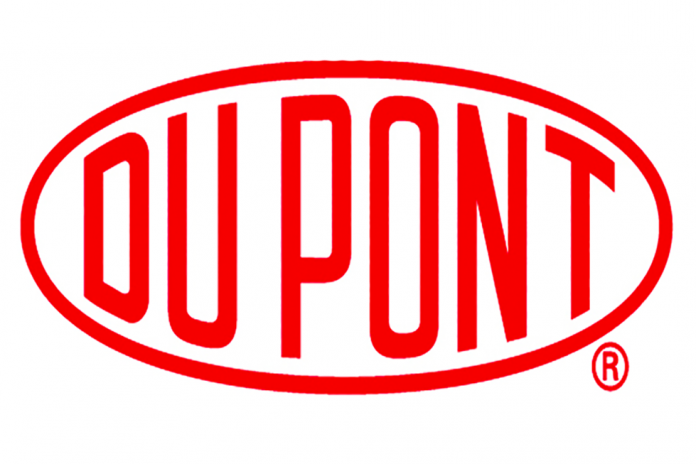DuPont Nutrition & Health has announced a significant investment to expand probiotics production capacity in the United States. The investment is the second phase of a broader probiotics expansion project due to the rapidly growing global demand for probiotics.
Phase One is ongoing in Madison, Wisconsin, and Rochester, New York, and will be partially complete by the end of 2016. The second phase is scheduled to span two years, and represents an investment of approximately $100 million. This phase will increase the company’s probiotics production capacity by an additional 70 per cent. Production will be optimized with the installation of new, high-volume fermenters and other processing equipment.
“This investment reinforces our commitment to the probiotics industry. We see strong growth worldwide, and increasing our capacity enables our partners to continue growing and capturing the opportunities from very favorable market trends,” says Matthias Heinzel, president of DuPont Nutrition & Health. “As we phase in more capacity, we will continue to maintain the high potency, stability and efficacy in our products that have made DuPont the globalprobiotics leader. Quality is extremely important in probiotic production, and our reputation for manufacturing quality has always been a differentiator with DuPont probiotics.”
Probiotics have become increasingly popular in recent times. According to the Natural Marketing Institute, consumer awareness is at an all-time high (75 per cent), in the U.S. Euromonitor data also shows worldwide probiotic acceptance in an increase in the compound annual growth rate for 2015 to 2020 in every global region.
“Consumers want to proactively take care of their health, and they’re increasingly turning to probiotics to fill that need,” says John Rea, global business unit leader for Probiotics, Cultures, Food Protection and HMOs. “We have found through proprietary research that consumers feel probiotics offer a great way to improve their overall health and wellness. And they see probiotics playing the role of a ‘balancer’ in the midst of a stress-filled, fast-paced lifestyle.”









